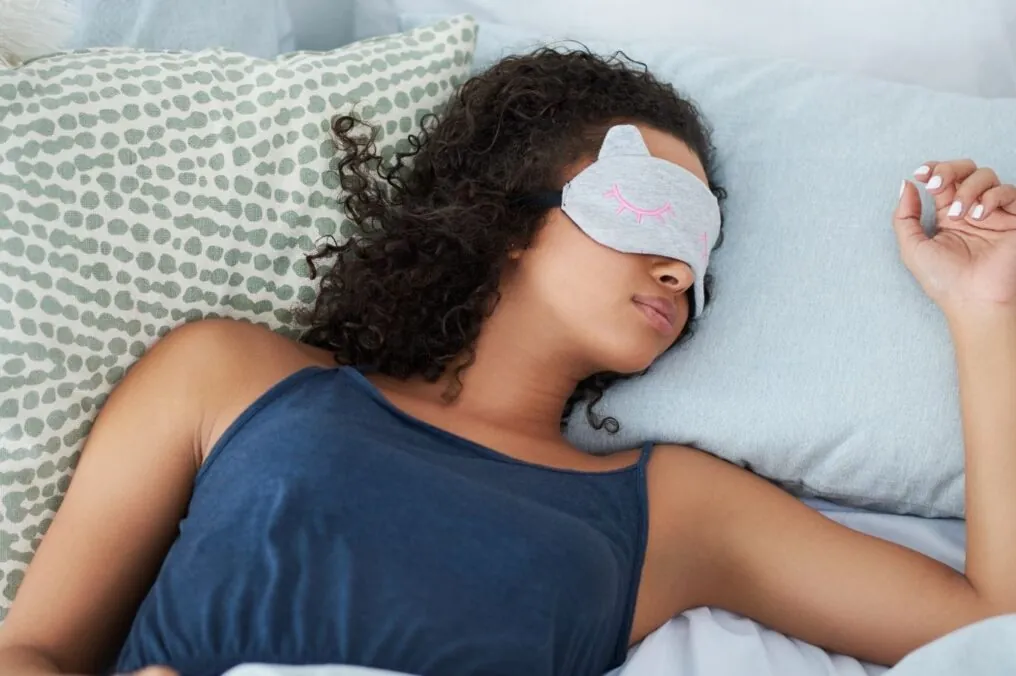Blog
Has A Change in Your Sleep Pattern Kept You Up At Night

Many of us have noticed shifts in our sleep patterns as we age. I’ve certainly experienced it myself, waking up earlier in the morning even though my bedtime remains the same. It’s frustrating, to say the least, but it seems I’m not alone in this. A growing body of research indicates that changes in sleep quality and duration are common as we age.
The Science Behind Sleep Changes with Age
A recent study confirms what many have suspected; aging impacts our sleep in various subtle ways. According to the researchers, the most noticeable effect is a gradual decline in deep sleep. The study found that deep sleep decreases by approximately 0.13% to 0.14% each year, while light sleep increases by about 0.18% to 0.23% in the same timeframe. In simpler terms, while we are spending more time in lighter stages of sleep, our time in the more restorative deep sleep phase is dwindling.
Additionally, the peripheral apnea-hypopnea index (pAHI) tends to rise as we get older. This index measures interruptions in breathing while asleep, which can lead to obstructive sleep apnea—a condition that affects approximately 10% of men by age 40 and comes later for women, around 55, likely due to hormonal changes during menopause Menopause – National Institute on Aging.
These findings highlight the importance of understanding the shifts in our sleep architecture as we age. The combination of decreasing deep sleep and increased incidents of disturbances can pave the way for a variety of sleep-related issues, leaving us feeling tired and unrefreshed.
Why Sleep Matters
Sleep is undoubtedly essential for overall health and well-being. It plays a crucial role in cognitive functions, emotional regulation, physical health, and more. A lack of quality sleep can contribute to a host of problems, including:
- Cognitive Decline: Research has shown a connection between poor sleep and cognitive impairment. Chronic sleep deprivation can exacerbate memory issues and impact decision-making skills Cognitive Impairment and Sleep – Sleep Research Society.
- Increased Risk of Chronic Illnesses: Sleep deficiency has been linked to various health problems, including obesity, diabetes, and cardiovascular diseases. Studies indicate that those who do not get sufficient sleep are at a higher risk for these conditions Obesity and Sleep – National Sleep Foundation.
- Mental Health Issues: Sleep disturbances have been correlated with higher rates of anxiety, depression, and mood disorders. Sleep and mental health are interconnected, with poor sleep exacerbating mental health issues and vice versa Mental Health and Sleep – Anxiety and Depression Association of America.

Tips for Better Sleep
Since poor sleep can negatively impact numerous aspects of life, I’ve gathered a list of practical tips designed to help you reclaim your sleep quality. Whether you’re experiencing early wake-ups or just struggling to feel rested, these strategies may help you catch those coveted Zs.
- Stick to a Schedule:
Establishing a consistent sleep routine is perhaps the most crucial step toward improving sleep quality. Going to bed and waking up at the same time every day, including weekends, helps regulate your body’s internal clock. This biologically programmed timing can lead to better sleep quality and help you fall asleep faster. This method is often referred to as “sleep hygiene” and is a cornerstone of good sleep habits. Sleep Hygiene – CDC - Ditch the Screens:
The allure of late-night scrolling can be enticing, but artificial blue light emitted from screens can interfere with the production of melatonin, the hormone that regulates sleep. Creating a tech-free wind-down routine an hour before bedtime is an effective way to promote better sleep quality. Consider engaging in relaxing activities or reading books instead. The Effects of Blue Light on Sleep – Harvard Health. - Wind Down Right:
Finding a calming pre-sleep ritual can signal to your body that it’s time to relax and prepare for sleep. Activities such as reading, meditating, or enjoying a cup of herbal tea can be helpful. Be cautious of consuming caffeine, which can linger in your system and hinder your ability to fall asleep. Additionally, certain scents like lavender have been found to promote relaxation and improve sleep quality. - Set the Scene:
Creating a sleep-conducive environment is critical. Your bedroom should be dark, quiet, and cool. Aim for a temperature between 60-67°F. To achieve this, you might consider investing in blackout curtains, earplugs, or a white noise machine Creating a Sleep-Friendly Environment – National Sleep Foundation. - Watch What You Eat:
Your evening snacks can influence your sleep. It’s wise to avoid heavy meals, spicy foods, or excessive liquids close to bedtime. Stomach discomfort or frequent trips to the bathroom can disrupt your sleep cycle. Instead, if you’re peckish, opt for light snacks that promote sleep, such as bananas or almonds, which contain sleep-friendly nutrients Foods for Sleep – Sleep Foundation. - Move Your Body:
Regular physical activity can greatly benefit your sleep quality. Exercise helps reduce anxiety, improve mood, and facilitate deeper sleep Exercise and Sleep – National Sleep Foundation. Aim to incorporate at least 30 minutes of moderate exercise into your daily routine, but try to avoid vigorous workouts close to bedtime. - Limit the Alcohol:
While it may seem like a nightcap can help you fall asleep faster, the reality is that alcohol affects the quality of your sleep and can lead to disrupted REM cycles. Instead, consider alternatives like warm milk or herbal teas to soothe you before bedtime. Alcohol and Sleep – Sleep Foundation. - Nap Smart:
Short power naps can be beneficial, but if you prefer longer snoozes, aim to keep them between 20-30 minutes and schedule them earlier in the day, ideally before 3 p.m. Longer or late naps can rob you of your nighttime sleep Napping 101 – National Sleep Foundation.
A Personal Note on Napping
As someone who adores a good weekend nap, I find it challenging to stick to the 30-minute recommendation. However, given the importance of maintaining quality nighttime sleep, I’m reminded to be mindful of my napping habits. Perhaps it’s time to allow myself shorter, more strategic naps to avoid sacrificing my evening rest.
Conclusion
As we age, our sleep patterns change—often in ways that aren’t always easy to navigate. However, by understanding the science behind these changes and implementing practical strategies, we can improve our sleep quality. Prioritizing restorative sleep is essential for physical health, cognitive performance, and emotional well-being.
Making small changes to your nightly routine may significantly impact your sleep quality over time. Whether it’s committing to a regular schedule, creating a calming environment, or being mindful of your food and drink intake, each step you take can lead to better health and overall happiness.
If you’re struggling with persistent sleep issues, consider consulting a healthcare professional or a sleep specialist. They can help identify any underlying issues and offer tailored advice to address your specific challenges. Remember, it’s never too late to make constructive changes for healthier sleeping habits. Yours may be the next success story in the journey to restful and restorative sleep.
By Julie Murphree, Arizona Farm Bureau Director of Strategic Communications


















